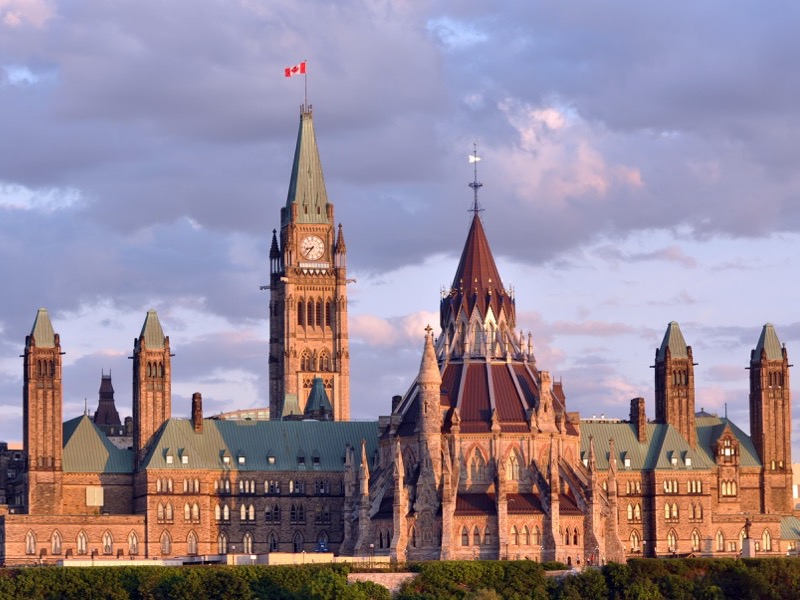
With the country now in the grips of a third wave of Covid-19, next week’s federal budget is likely to continue providing fiscal supports as vaccines slowly roll out. But longer term, a more targeted approach to recovery spending that avoids damaging tax increases is needed, says RBC Economics.
Ahead of the April 19 federal budget, RBC said in a report that it expects key economic supports — such as wage and rent subsidy programs and income supports for the self-employed — to be extended through the ongoing pandemic.
“These programs should be phased out over the current fiscal year but a firm timeline for their withdrawal is unlikely at this stage,” the report said.
The government will likely also look to sketch out plans for the $70–$100 billion worth of recovery stimulus that was promised in last year’s fall economic statement. To that end, RBC said it expects childcare and early learning to be a key priority in the upcoming budget.
“Well-designed child care policies have the potential to boost women’s labour force participation, stimulating growth and tax revenue,” the report said.
“Other initiatives to support the recovery could include temporary funding to address skills, investment and infrastructure gaps that have been highlighted or exacerbated by the pandemic,” RBC added.
There could also be additional funding for energy and cleantech infrastructure, the report said.
RBC suggested that the government focus on making any added stimulus sustainable and affordable — limiting new debt by reallocating spending from other areas and focusing on “programs that can boost the economy long-term and generate additional revenue over time.”
Indeed, despite the current struggles with resurgent infection rates, RBC said that it expects “dramatic improvement” in the economy this year.
“Growth was surprisingly resilient through the second wave of Covid-19, and while a third wave is clouding the near-term outlook, we expect accelerating vaccine rollout will help the economy build momentum over the summer,” with the economy ultimately returning to full capacity by early 2022, the bank said.
“A closed output gap is the Bank of Canada’s guide for when it should start withdrawing monetary stimulus and we think the government should take a similar approach in assessing the amount and timing of fiscal stimulus,” RBC said.
A sharp recovery would help boost the government’s bottom line and also prevent too much new spending, the report said.
“This is all the more important as excessive stimulus spending could generate inflationary pressure, put upward pressure on interest rates and crowd out private investment, and threaten debt sustainability,” the report said.
For now, higher debt is manageable, given the ultra-low interest rates, but the report cautioned that “complacency about deficits must be avoided. A new fiscal anchor should be adopted sooner rather than later to ensure Canada retains the confidence of investors and ratings agencies.”
Additionally, RBC suggested that the government avoid undermining the recovery with counter-productive tax hikes.
“Canada is already a higher-tax jurisdiction relative to the OECD average, particularly when it comes to personal income taxes. Increasing the GST has been flagged as a less distortionary way of generating revenue but would be politically unpopular,” the report said.
“We don’t think the government should follow the Biden administration’s proposal to raise corporate taxes, which have a high economic cost per dollar raised and would threaten Canada’s international competitiveness,” RBC added.